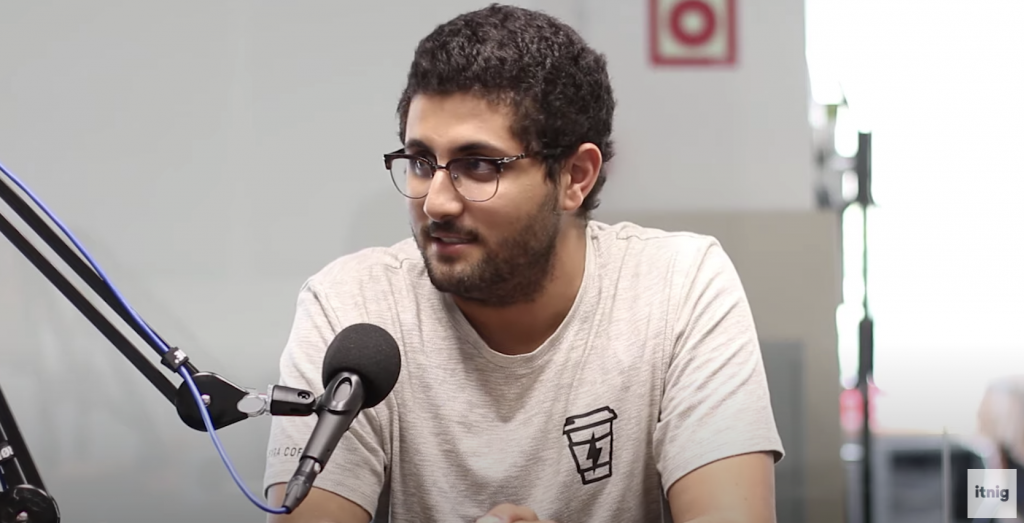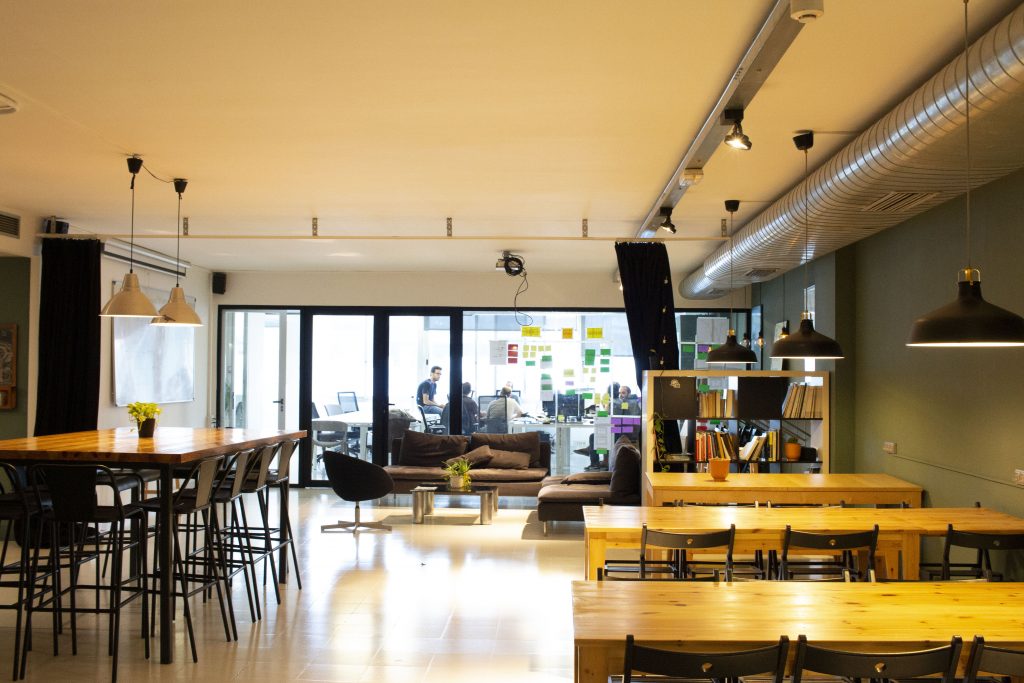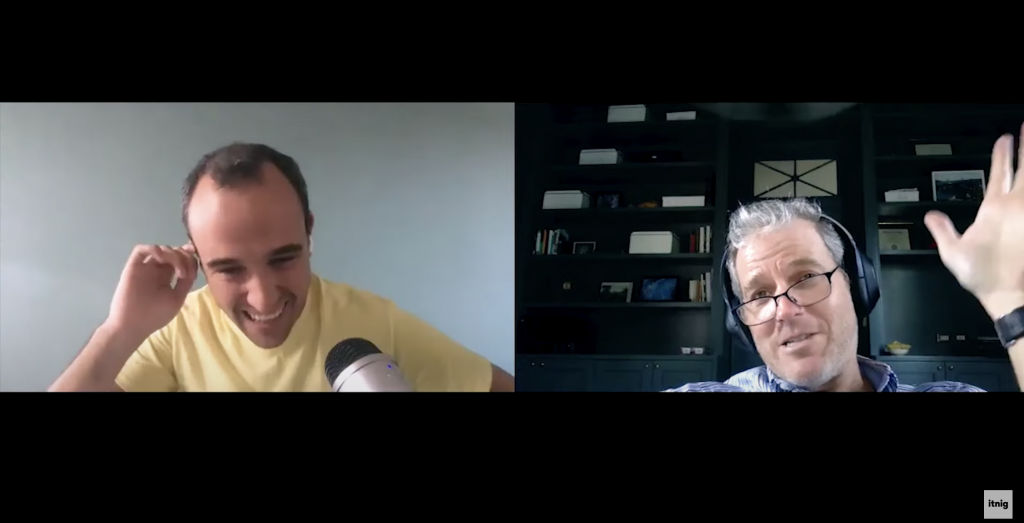How Telepizza Went Public with Juan Rodríguez
Juan Rodríguez, CEO of Camaloon, talks about his experience as Marketing Director of Telepizza and how the company went public. Juan is one of the key characters within the Itnig ecosystem, not only because of his great experience in the business world but also because he’s led Camaloon to grow and he is also one of the partners of the Itnig Fund.
Read More


